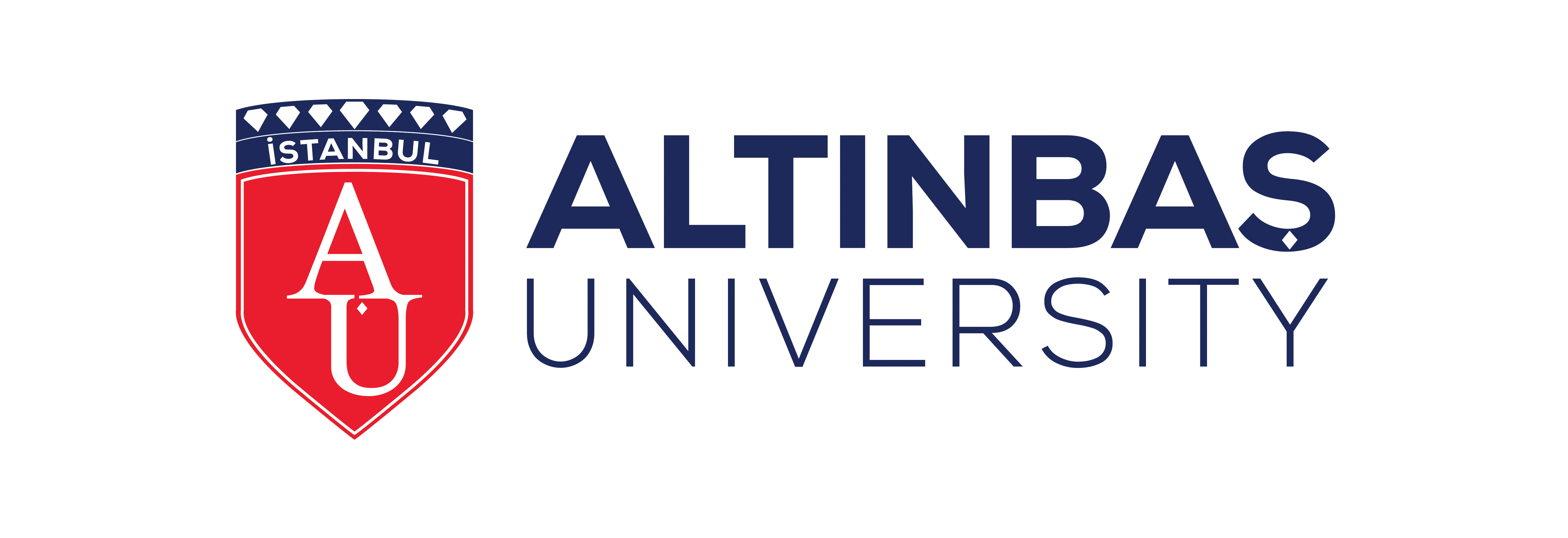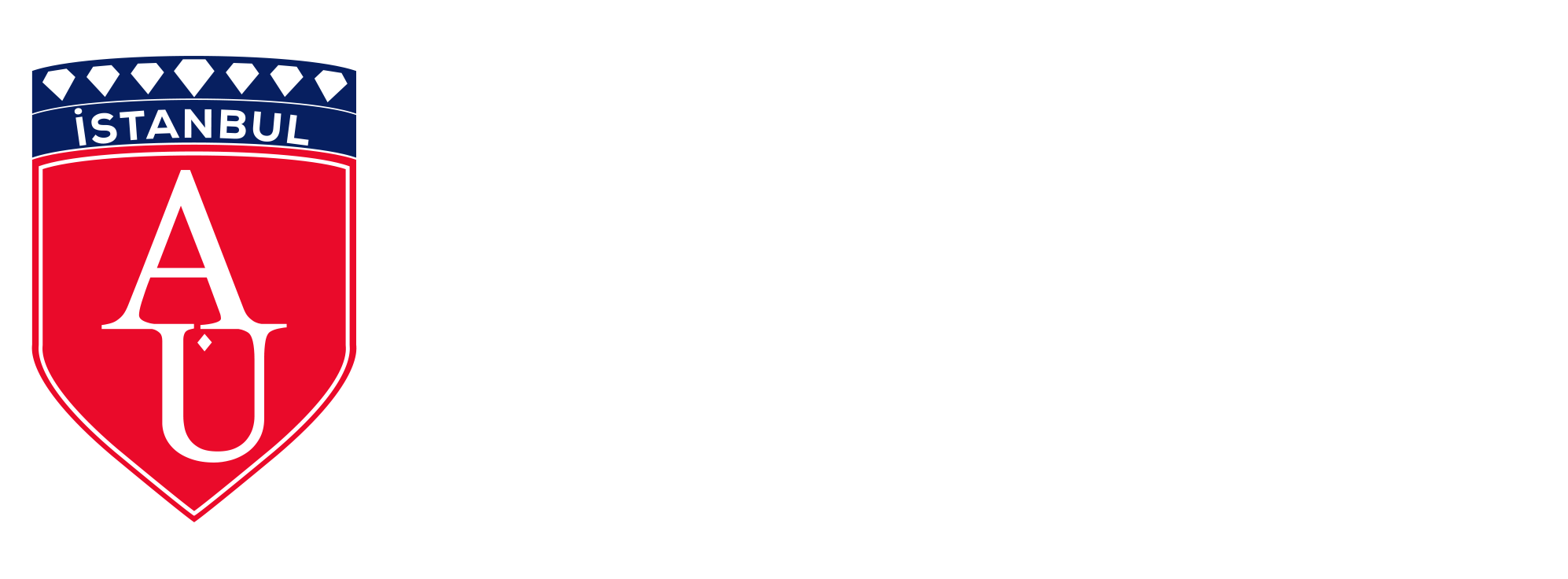Frequently Asked Questions
ARTICLE 30 – (1) Scientific preparatory courses can be offered to post-bachelor and post-master’s students who majored in a field different than the master’s or PhD programme into which they are admitted, as well as to master’s or PhD candidates who earned their bachelor’s or master’s degree from another higher education institution if they are deemed to have fallen behind in the curriculum of the master’s or PhD programme they are admitted into.
ARTICLE 30 – (3) The period of study in scientific preparatory programme shall not be longer than two semesters. Summer school is not included in this period. The period of study in scientific preparatory programme shall not be extended, except for leaves of absence. Students who fail to complete the scientific preparatory courses successfully at the end of this period must withdraw from the programme. The semester hours spent in the programme shall not be counted towards a master’s or PhD programme
hours.
ARTICLE 30 – (2) (Amended:OG-28/4/2022-31823) The rules governing the required courses that must be taken in the scientific preparation programme are as follows:
a) A scientific preparation programme shall be designed specific to each candidate, consisting of undergraduate courses for master’s degree students, undergraduate and/or graduate courses for PhD students. The scientific preparation programme, which includes the courses chosen specifically for the candidate, shall be reviewed by the head of division. The Institute of Graduate Studies Administrative Board shall approve the final version of the programme.
The dates indicated in the academic calendar should be followed regularly.
Click Here for Student Email Address Obtaining and Password Reset System.
ARTICLE 32 – (1) Students who have successfully completed at least one semester in a graduate programme offered by their university or a graduate programme offered by another university,can be admitted to a graduate programme of their choice via intra-institutional and inter-institutional transfer application. Students can be admitted to graduate programmes offered by the university on condition that they provide the required documents in full within the application period for intrainstitutional/inter-institutional transfer. The transfers, however, are subject to the recommendation from the relevant graduate programme and approval from the Institute administrative board. The approval decision by the Institute administrative board shall also specify the courses from which the student will be exempted. Students transferring from another higher education institution must meet the application requirements previously announced by the University. Semester lengths and credit equivalency for students transferring from another higher education institution shall be determined by the administrative board of the Institute.
A transcript showing the courses taken in the master’s program.In addition, course contents should be submitted as required documents for registration.
You can transfer from a thesis graduate program to a non-thesis program. Applications for transferring to the non-thesis program are accepted within the program transfer dates specified in the Academic Calendar.
Students with a GPA of 3.00 and above in the non-thesis graduate program, who also have a sufficient ALES score, may apply for a lateral transfer to the thesis program. The applications will be evaluated by the Institute Board, and if approved, they can transfer to the thesis program.”
Military service postponement is a maximum of 1.5 years for non-thesis (project) programs and a maximum of 3 years for programs with thesis.
A thesis enables the student to acquire the ability to access information, compile, interpret, and evaluate data using scientific research methods. Once the thesis is prepared and approved by the thesis advisor, the student presents it before a jury. On the other hand, a project assignment aims to provide students with professional knowledge and demonstrate how existing knowledge can be applied in practice.
After the successful completion of the ECTS courses required to be taken in the thesis master’s program, the thesis writing phase begins.
ARTICLE 8 – (1) In a master’s programme with thesis, the Chair of a Graduate programme shall
recommend a thesis advisor from among faculty members for each candidate no later than the end of
first semester; a thesis topic chosen with the help of advisor shall also be proposed to the Institute no
later than the end of second semester. The Institute administrative board shall give the final approval
of thesis advisor and thesis topic.
To change the thesis advisor, the thesis advisor change form is filled out through op.altinbas.edu.tr/apply/leeforms (Request Management System). After approval by the former thesis advisor, the new thesis advisor, and the department chair in the Request Management System, the request is submitted to the Institute Board of Directors for approval and further processing.
ARTICLE 7 –
(2) The studies of students, who fail to complete their courses with credits and seminar course at the end of four semesters or fail to meet the stipulated success requirements/criteria set forth in this Regulation; or of those who fail to complete their thesis study within a specified period of time or who do not attend their own thesis defence, shall be terminated.
It is not possible to leave outside the periods specified in YÖK’s Graduate Regulations. The thesis period can be extended, provided that it does not exceed a total of 6 semesters, which is the duration of the thesis master’s degree, which includes both coursework and thesis phases.
After completing the thesis work, the student submits the required number of copies of the thesis to the thesis advisor. The advisor, along with a written statement on the compliance of the thesis with writing rules, sends the copies of the thesis to the relevant institute through the department chair. Within one month from the date of thesis submission, the jury members convene to conduct the thesis defense for the student. The thesis defense consists of presenting the thesis work followed by a question-and-answer session. After the completion of the thesis defense, the jury deliberates and makes a decision on the acceptance, rejection, or revision of the thesis based on a simple majority vote.
The student who receives a correction decision regarding the thesis must defend the revised thesis before the same jury within three months. If the defense is unsuccessful, and the thesis is not accepted, the student’s affiliation with the higher education institution is terminated. The student whose thesis is deemed unsuccessful and rejected will have their affiliation with the higher education institution terminated.
The student who succeeds in the thesis defense is required to submit a minimum of three hardbound copies of the master’s thesis, along with a CD, to the relevant Institute Secretary within one month from the date of the thesis defense. The thesis data entry at YÖK (Higher Education Council) is the responsibility of the student, and the entire responsibility lies with the student.
After submitting a petition to the Institute Secretary, stating the reason for freezing registration, and upon the decision of the Institute Board of Directors, you can freeze your registration. In the case of enrollment deferral, the period spent on deferral is subtracted from the total period granted by the YÖK (Higher Education Council) regulations.
In master’s programs, you can defer enrollment for a maximum of 2 terms, while in doctoral programs, you can defer enrollment for a maximum of 4 terms. During the period of enrollment deferral, the elapsed terms are deducted from the total period granted according to the regulations of the Higher Education Council (YÖK).
No extra payment is required for freezing registration.

